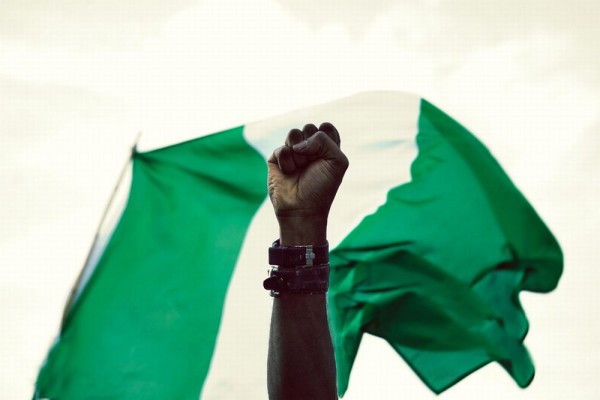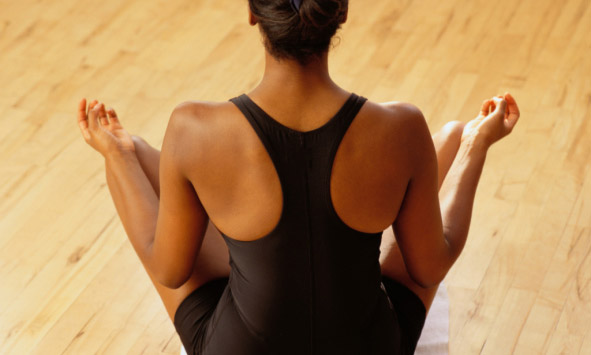What does "Leaning In" look like for African women entrepreneurs in tech? Nigeria's leading women in tech weigh in on dos, don'ts, and lessons learned.
-
-
Queer Afrofeminist Reflections on October 1st: Nigeria’s Independence Day and a Diaspora Homecoming
Today is Nigeria's Independence Day, but I can't focus on my country's progress. It's challenging to remain optimistic in the face of landlords telling you they won't rent to you because "you're a single woman who could potentially use the apartment for prostitution." Until "Nigeria" addresses its treatment of women…
-
African Women in Tech: Learn More about SpeakYoruba App Developer, Abake Adenle
Welcome to my new series, African Women in Tech, and the first interview w/ Nigerian tech entrepreneur, Abaka Adenle, lead developer of the SpeakYoruba app.
-
Afrofeminism - Blog - Gender and LGBT Issues - Love and Afrofeminism - My Work - Self-Care and Self-Love - Special Series - Writing and Guest Blogging
Love and Afrofeminism: Is the Self Care Movement Individualist or Revolutionary?
Is the Self-Care Movement individualist or revolutionary? African culture prioritizes the welfare of the whole over the individual—perhaps too much so. But on the flipside, the individualism I’ve experienced in the US isn’t much better. Is balance between these two extremes even achievable?
-
Happy Mother’s Day from a Queer African Daughter to Her Mama
I found this poemthing I wrote about Mother's Day in my journal from about 2 or 3 years ago. I hadn't officially had "the talk" with my mother, and though she already knew I was dating women, she seemed determined to avoid talking about it. So, instead, we talked about…




